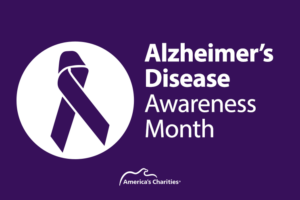Sarah Ford | May 12, 2015
Underlying dynamics of civil unrest in Baltimore are same as identified 50 years ago
The indictment of six Baltimore police officers in connection with the death of Freddie Gray was greeted with cheers from many in Baltimore and a collective sigh of relief from much of the country. At the same time, fully 96 percent of Americans expect additional racial disturbances this summer, according to a recent Wall Street Journal/NBC poll.
For better or worse, the polls are probably right. Although the indictments may quell the anger in Baltimore, the underlying dynamics that fuel the cycle of police violence and community outrage in so many American cities will not change in the absence of deep reforms. Neither indictments nor body cameras will be enough.
What are those underlying dynamics?
They’re the same as those identified nearly 50 years ago by the Kerner Commission following the deadly urban riots that rocked Detroit, Newark and other cities in the summer of 1967.
As in Baltimore and Ferguson, many of the riots examined in 1967 were triggered by aggressive policing in African-American neighborhoods shaped by racism, extreme poverty and deprivation. Faced with demands for increased protection in areas struggling with crime, police had adopted tactics that created tension and hostility.
The same dynamic exists today. As FBI Director James B. Comey acknowledged in February, many police officers, whether white or black, develop biases about African Americans when working in black communities with high crime rates. Law enforcement, at times during our history, he said, has been “brutally unfair to disfavored groups.”

Get Resources and Insights Straight To Your Inbox
Explore More Articles
Open Position: Customer Service Coordinator (Remote-Part Time)
Position Title: Customer Service Coordinator (Remote – Part Time) Department: Charitable Funds Management Solutions We are a non-profit charitable organization looking for skilled individuals who…
Read ArticleGet Resources and Insights Straight To Your Inbox
Receive our monthly/bi-monthly newsletter filled with information about causes, nonprofit impact, and topics important for corporate social responsibility and employee engagement professionals, including disaster response, workplace giving, matching gifts, employee assistance funds, volunteering, scholarship award program management, grantmaking, and other philanthropic initiatives.




